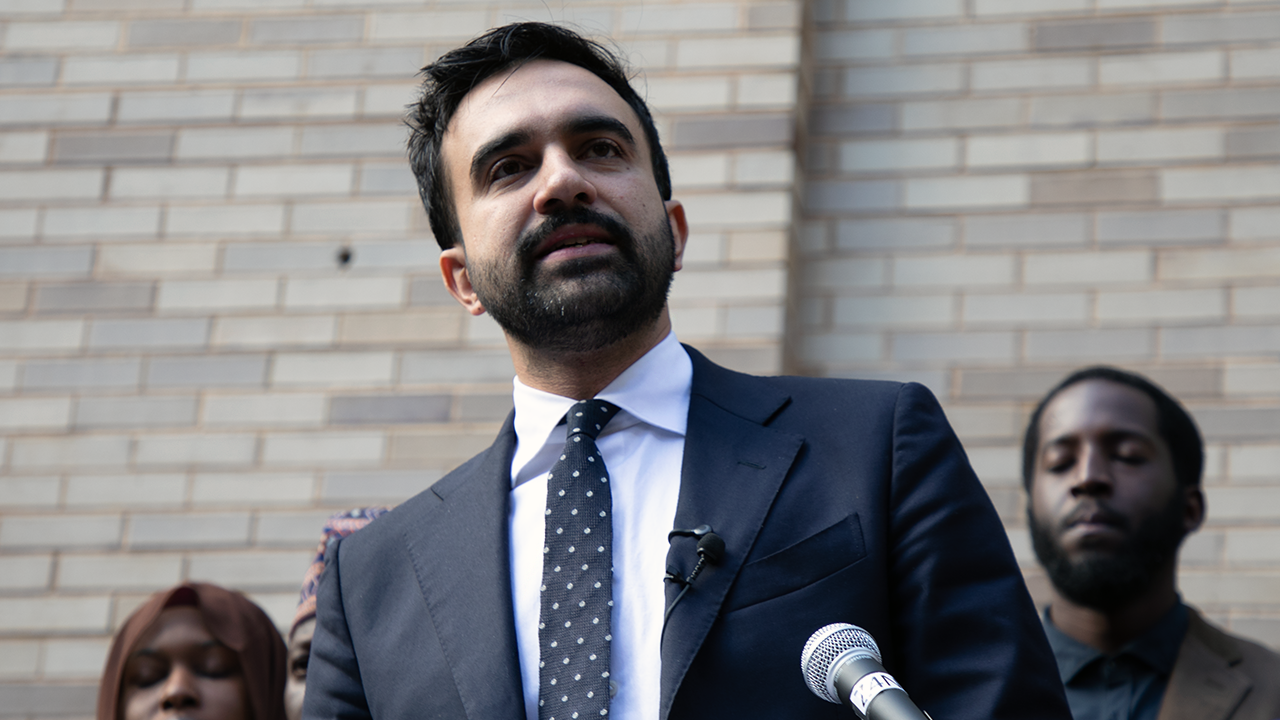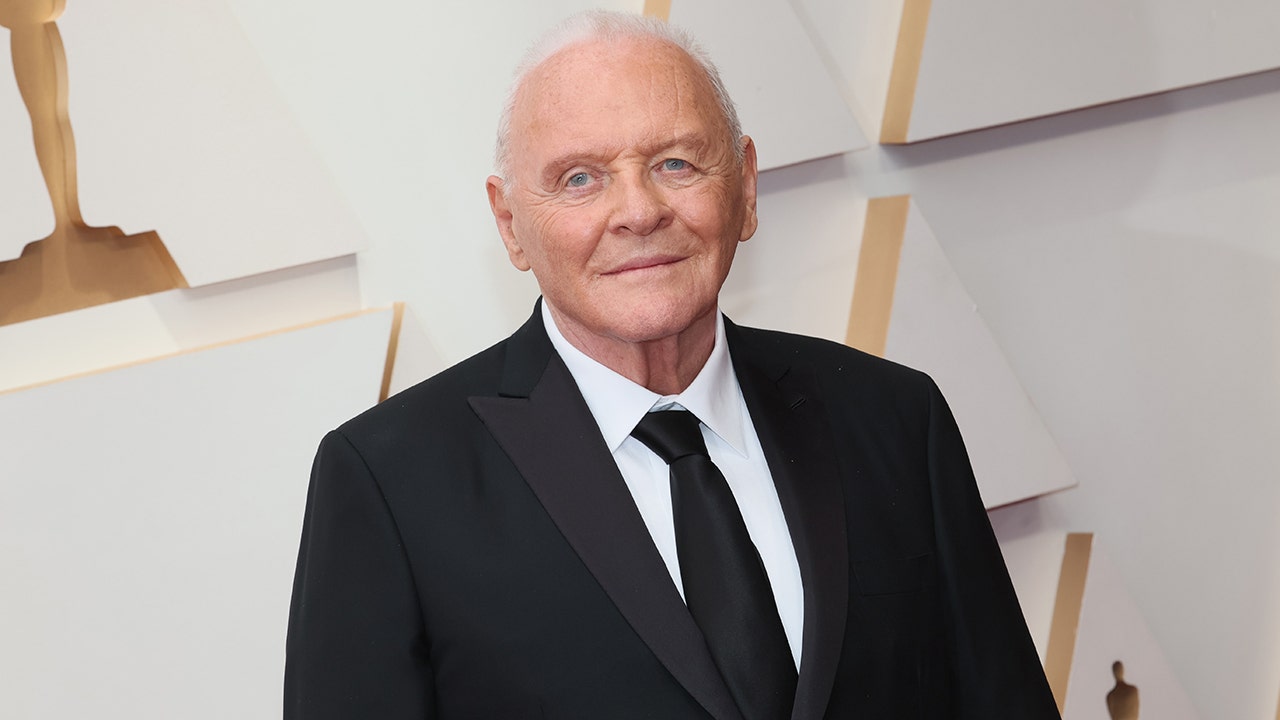Early in their biography of the Greek poet C.P. Cavafy (1863-1933), Gregory Jusdanis and Peter Jeffreys announce that they have written a “thematic” as opposed to a “linear” biography. The facts of their subject’s life, they hold, are rather unremarkable and straightforward. “We have chosen, therefore, to start and finish his life story with his death and then tell a circular narrative through various thematic sequences.” They continue: “The thematic approach also enables us to draw attention to the artificiality of biography as a type of writing.”
They do not enlarge on the artificiality of standard biography, but in recent years it has come to seem more evident. The standard biography, beginning with its subject’s ancestors, closing with his death, no longer seems as apt as it once did. The biography that takes up that life year by year, month by month, grasping at every detail available to it, too often allows the crucial elements of that life to elude it. In biography longer is not always better. One thinks of Sam Tanenhaus’s recently published biography of William F. Buckley Jr., a book 30 years in the making and more than a thousand pages long that seems to have pleased no one.
C.P. Cavafy was a cosmopolitan, a truly international figure. He spoke three languages and over his lifetime lived in England, Greece, Turkey, and spent much the better part of his life in the Egyptian city of Alexandria. He came of a commercial family, importers of cotton textiles, whose fortunes took a downward turn in his youth. Money was a perennial problem for Cavafy. He worked for 30 years as a clerk at the Office of the Irrigation Service in Alexandria, a less than pressing job, but one whose salary he needed. He was also an active homosexual in a time when homosexuality, though widely practiced, was the source of social disgrace, the scandal of Oscar Wilde still vivid.
Above all Constantine Cavafy was a poet who worked endlessly on his poems, which were his raison d’être. As Messrs. Jusdanis and Jeffreys write: “Poetry became his life and he would live for poetry.” The Greek poet and critic George Seferis wrote that “outside his poems, Cavafy does not exist.”
Jusdanis and Jeffreys’ biography sets out, in intricate detail, Cavafy’s elaborate working and reworking of his poems, sometimes over decades. “A poem is never finished,” Paul Valéry wrote, “only abandoned.” Of no one was this perhaps more true than of Cavafy, who never published a book of his poems during his lifetime, though from time to time he would send out booklets of his poems to friends or editors. At the same time, Cavafy was a relentless self-promoter and manager of his own career. Jusdanis and Jeffreys are excellent in describing this complex networking on Cavafy’s part, cultivating friendships with critics and editors who could advance his own career, as they put it, “one reader at a time.”
Cavafy wrote his poems in modern Greek, a minority language, yet his reputation soon became international; this through the various translations of his poems in different languages. How can this be when poetry, as the old adage has it, is what gets lost in translation?
In his introduction to the translation of Rae Dalven of Cavafy’s poems, W.H. Auden takes up this question. Auden had no modern Greek (nor do I), but nonetheless found Cavafy’s poems captivating (as do I). He remarks, apropos his own poetry, that “I can think of poems which, if Cavafy were unknown to me, I should’ve written quite differently or perhaps not written at all.” Auden goes on to ask:
What, then, is it, in Cavafy’s poems that survives translation and excites? Something I can only call, most inadequately, a tone of voice, a personal speech. … Reading any poem of his I feel: “This reveals a person with a unique perspective on the world.” That the speech of self-disclosure should be translatable seems to me very odd, but I am convinced that it is.
Auden does not attempt to describe that tone of voice, which is worldly, aristocratic, learned, richly allusive.
Cavafy’s poems come impressively unadorned. He steers clear of metaphor and simile. He avoids writing about nature. Politics, except in the philosophical, the Aristotelian sense, is of little interest to him. A Cavafy poem is usually set out in straight descriptive, almost prosaic language. Unlike so much of modern poetry, his poems require no unpacking, analysis, explication. They are distinctly not for the classroom. “Cavafy,” George Seferis wrote, “stands at the boundary where poetry strips herself to become prose.”
As his biographers note, Cavafy’s poems “fall into three broad categories: philosophical, historical, and hedonistic.” Cavafy’s own theory of poetry entailed, as Jusdanis and Jeffreys put it, “using the detachment of the historical gaze as a way of speaking of the self, shortening the distance between past and present through the emotion of empathy, and employing antiquity to reflect on the self and the self on antiquity.” Sir Maurice Bowra points out that Cavafy “was interested not in the great lessons of history but its smaller episodes, in which he saw more human interest than in the triumph of heroes.” In many of Cavafy’s poems, to adapt the title of one, “The Wise Perceive Things About to Happen.”
The hedonistic Cavafy poems are in fact poems about his homosexual life. Jusdanis and Jeffreys note that Cavafy paid for most of his sex. The poems are mostly about pickups and one-night stands. What surprises is the number of poems given over to the subject. Of the 175 poems published in the Edmund Keeley and Philip Sherrard translation, in which I recently reread Cavafy, no fewer than 66 of the book’s 175 poems are about his homosexual adventures, all describing what Cavafy himself terms “the same fatal pleasure.” He writes:
He swears every now and then to begin a better life.
But when night comes with its own counsel,
its own compromises and prospects—
when night comes with its own power
of a body that needs and demands,
he goes back, lost, to the same fatal pleasure.
This is all very well for the poet, but, as Auden remarks, “what, one cannot help from wondering, will be the future of the artist’s companion?”
A poet need write only four or five imperishable poems to establish his own reputation. Think in this regard of T.S. Eliot, W.B. Yeats, Wallace Stevens, Robert Frost, Philip Larkin. Those of Cavafy’s poems that endure, that ensure his continuing high reputation, are chiefly his historical poems. Among them are “Thermopylae,” “Waiting for the Barbarians,” “Trojans,” “Ithaka,” “The God Abandons Antony,” “Alexandrian Kings,” “The Glory of the Ptolemies,” “Nero’s Deadline,” and “Kaisarion.”
“Kaisarion” is about the child of Julius Caesar and Cleopatra, who was executed in 30 B.C., at the age of 17 by Octavian, because he feared any possible rivals to his own power, and is a characteristic Cavafy performance:
And there you were with your indefinable charm.
Because we know
so little about you from history,
I could fashion you more freely in my mind.
I made you good-looking and sensitive.
My art gives your face
a dreamy, an appealing beauty.
And so completely did I imagine you
that late last night
as my lamp went out—I let it go out on purpose—
it seemed you came into my room,
it seemed you stood there in front of me, looking at me
as you would have
in conquered Alexandria,
pale and weary, ideal in your grief,
still hoping they might take pity on you,
those scum who whispered: “Too many Caesars.”
In the poems of C.P. Cavafy “fate is a traitor” and “fortune changes suddenly.” His poems are without illusion. The mystery of human nature, far from daunting him, gave him one of his grand subjects. All this along with his brilliant manipulation of language establish C.P. Cavafy as a member of that highly exclusive club known as Great Poets.
Constantine Cavafy: A New Biography
by Gregory Jusdanis and Peter Jeffreys
Farrar, Straus and Giroux, 560 pp., $40
Joseph Epstein is the author, most recently, of The Novel, Who Needs It? (Encounter Books).
Read the full article here









